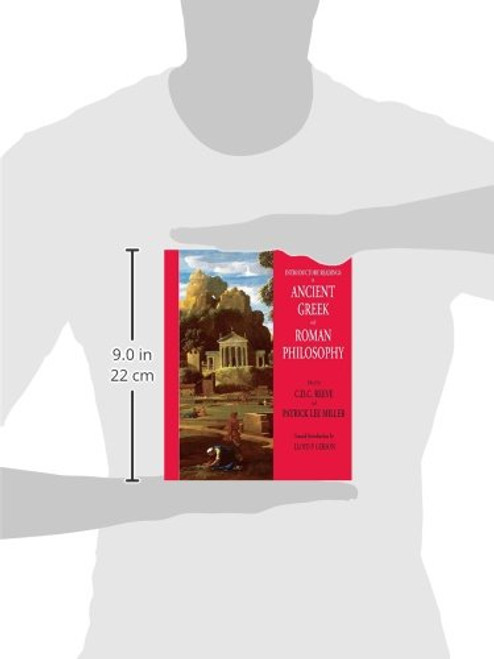Product Overview
Explores the origin and evolution of the Greek concept of nature up until the time of Plato.
In The Greek Concept of Nature, Gerard Naddaf utilizes historical, mythological, and linguistic perspectives to reconstruct the origin and evolution of the Greek concept of phusis. Usually translated as nature, phusis has been decisive both for the early history of philosophy and for its subsequent development. However, there is a considerable amount of controversy on what the earliest philosophersAnaximander, Xenophanes, Pythagoras, Heraclitus, Parmenides, Empedocles, Anaxagoras, Leucippus, and Democritusactually had in mind when they spoke of phusis or nature. Naddaf demonstrates that the fundamental and etymological meaning of the word refers to the whole process of birth to maturity. He argues that the use of phusis in the famous expression Peri phuseos or historia peri phuseos refers to the origin and the growth of the universe from beginning to end. Naddaf's bold and original theory for the genesis of Greek philosophy demonstrates that archaic and mythological schemes were at the origin of the philosophical representations, but also that cosmogony, anthropogony, and politogony were never totally separated in early Greek philosophy.
The Greek Concept of Nature is a fresh and important exploration of the Greek inquiry into phusis, and of the origins, nature, context, and aims of the earliest Greek philosophy. PHOENIX
Gerard Naddaf is to be praised for bringing greater richness to the understanding we have of thinkers like Anaximander. Bryn Mawr Classical Review
By revealing that Greek cosmological theories are rooted in an archaic tripartite schema (cosmogony, anthropogony, politogony), Gerard Naddaf has opened a new perspective on the history of the genesis of Greek thought that will be invaluable for historians of Greece and ancient philosophy. Pierre Hadot, author of What Is Ancient Philosophy?
Naddaf masters several fields of research and this makes the book all the more rich and rewarding. His original and rich perspective will modify the current approach to the concept of nature in classical antiquity. Luc Brisson, coauthor of Inventing the Universe: Plato's Timaeus, the Big Bang, and the Problem of Scientific Knowledge








